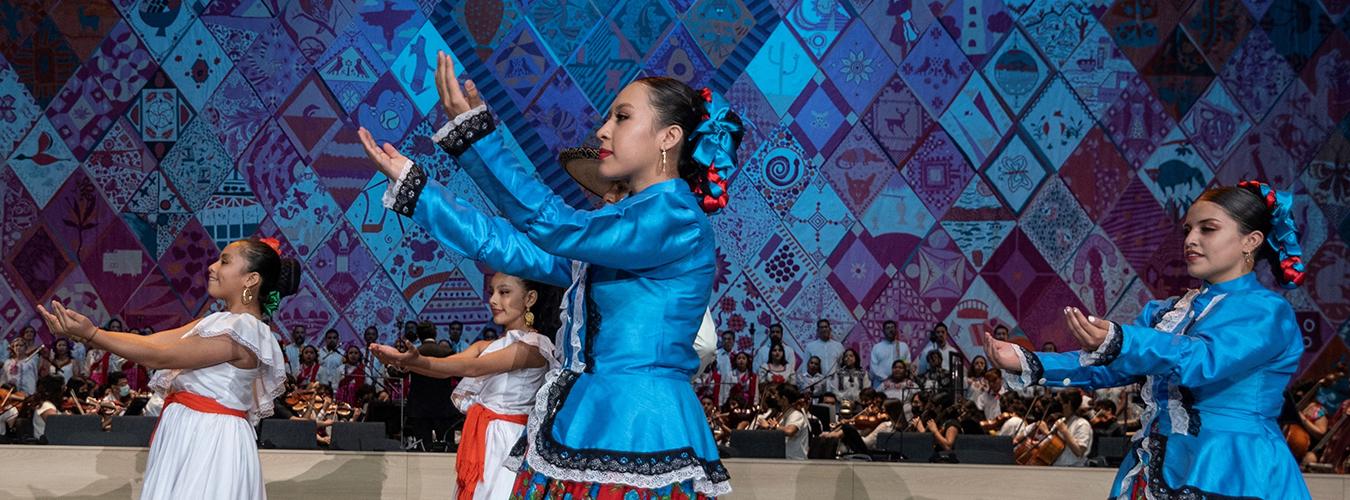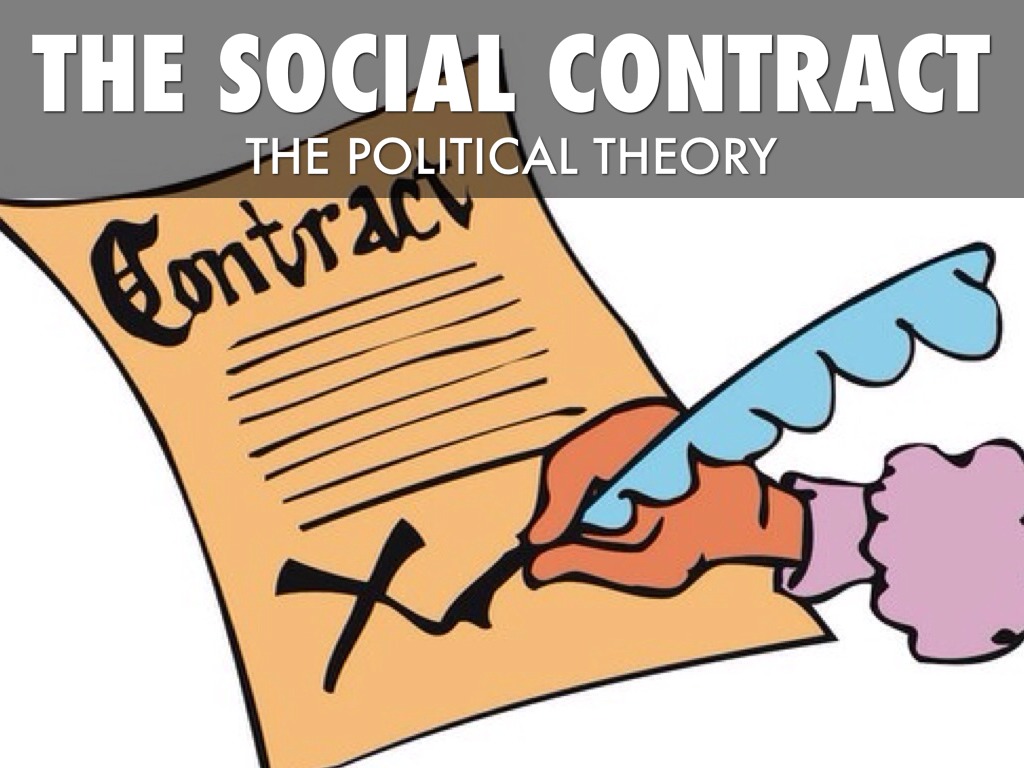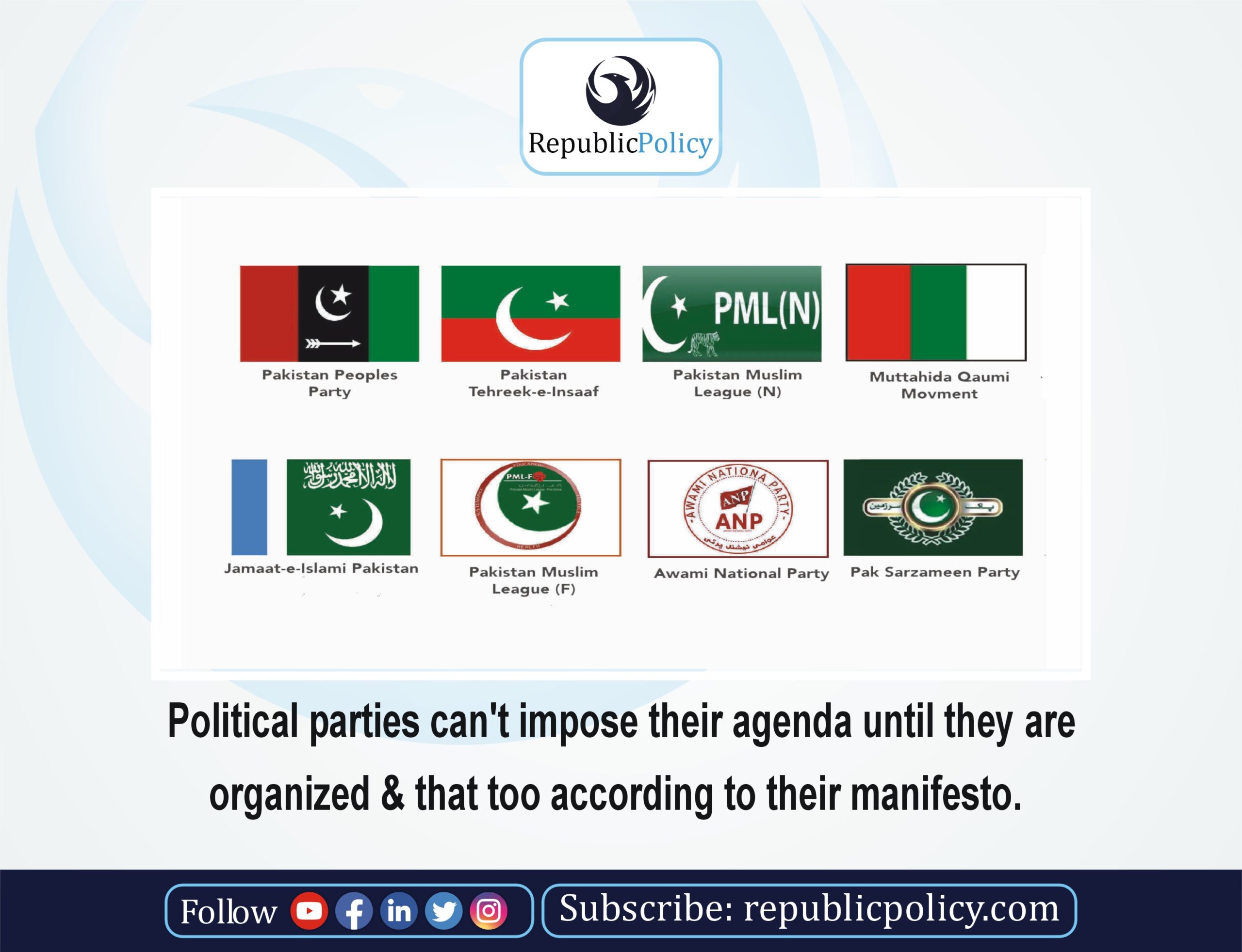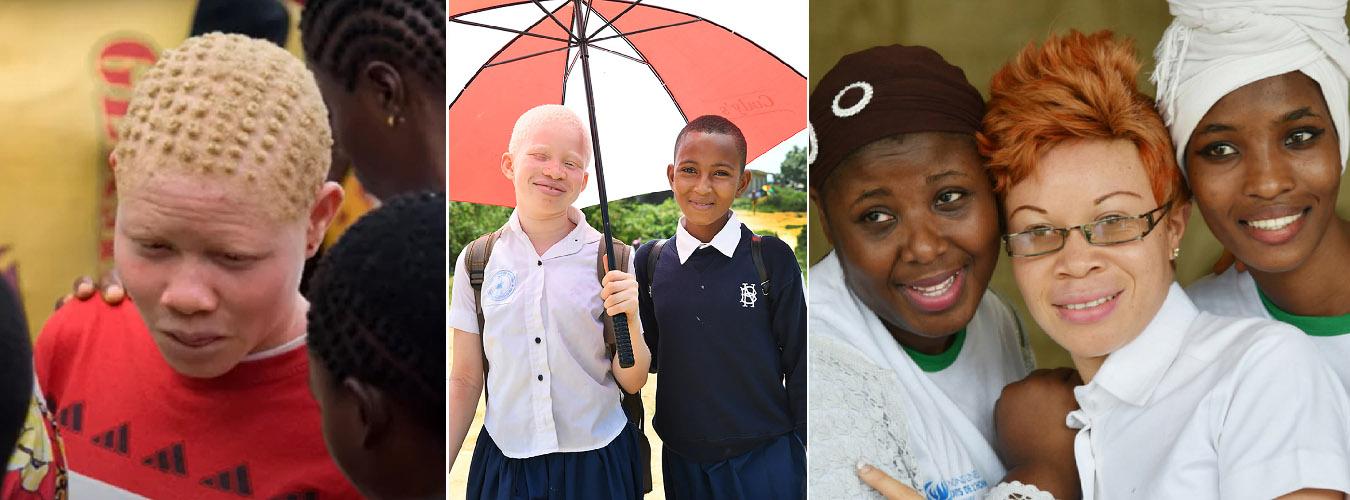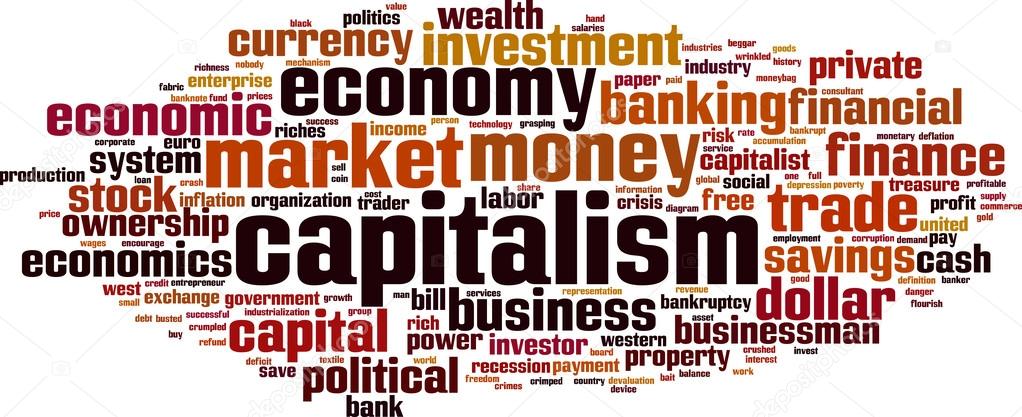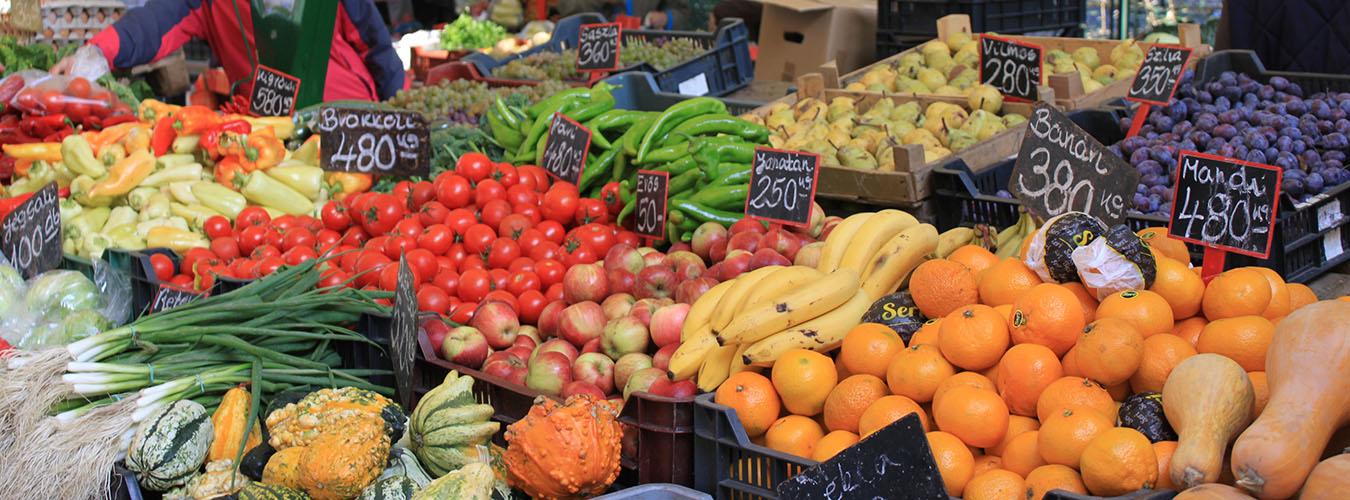Naveed Ahmed Cheema
Cultural diversity encompasses the range of different cultures, languages, traditions, and beliefs within a specific group, society, or organization. It is the coexistence of multiple cultural identities and ways of life that contribute to the richness and complexity of human civilization.
The importance of cultural diversity for the global world is multifaceted. It enriches societies by exposing individuals to a wide array of new ideas, perspectives, and traditions, fostering mutual respect and understanding among people from different backgrounds. As individuals, we have the power to embrace and promote cultural diversity, helping to break down stereotypes and prejudices, and fostering inclusivity and harmony within our communities.
Cultural diversity also plays a vital role in preserving heritage, traditions, and knowledge. It contributes to the richness and vibrancy of human civilization by ensuring that valuable cultural practices, languages, and customs are passed down through generations. This preservation of cultural heritage is essential for maintaining the identity and unique character of different societies.
Cultural diversity is not just a source of richness and vibrancy, but also a catalyst for creativity, innovation, and economic development. Different cultural perspectives inspire new approaches to problem-solving, art, literature, science, technology, and business. By embracing diverse cultural expressions, societies can tap into a wealth of creativity and talent, driving progress and enriching various fields of human endeavour. This potential for innovation and creativity is a testament to the power and value of cultural diversity.
In addition, cultural diversity is fundamental for fostering peace and stability in the global community. Promoting dialogue and understanding among diverse cultures helps reduce conflicts, discrimination, and inequality. Embracing cultural diversity creates opportunities for collaboration, cooperation, and mutual respect, contributing to a more harmonious and inclusive society.
Overall, cultural diversity is not just a local phenomenon, but an essential aspect of our global world. It contributes to the overall well-being, progress, and prosperity of societies and individuals worldwide. Its significance extends across social, economic, and political dimensions, making it a cornerstone of a vibrant and interconnected global community. By understanding and valuing cultural diversity, we can all play a part in shaping a more inclusive and harmonious world.
UNESCO, a leading global authority, underscores the importance of cultural diversity every year on May 21 through the observance of World Day for Cultural Diversity for Dialogue and Development. This event not only celebrates the richness of global cultures but also highlights the crucial role of intercultural dialogue in fostering peace and sustainable development.
With 89% of ongoing global conflicts transpiring in nations with limited intercultural dialogue, prioritizing the enhancement of intercultural dialogue is essential for fostering effective collaboration and maintaining peace.
UNESCO data reveals the global impact of the cultural and creative sector, which serves as a potent driver of development. It accounts for over 48 million jobs worldwide, nearly half of which are held by women. This sector represents 6.2% of all existing employment and contributes 3.1% to global GDP. Moreover, it offers substantial opportunities for young individuals under 30, making it a significant contributor to global prosperity.
Despite its undeniable significance, the cultural and creative sector is yet to receive the recognition it deserves in public policies and international cooperation. This urgent need for acknowledgement underscores the current gap and the necessity for immediate action to ensure the sector’s continued growth and contribution to global development.
In an effort to address this issue, in September 2022, delegations from 150 states convened in Mexico for MONDIACULT 2022, where they unanimously endorsed the historic Declaration for Culture. This declaration affirms culture as a “global public good” and advocates for its integration as a distinct goal in the development agenda beyond 2030. The declaration outlines a set of cultural rights that should be considered in public policies, encompassing social and economic rights of artists, artistic freedom, the rights of indigenous communities to preserve their ancestral knowledge, and the protection and promotion of cultural and natural heritage.
Furthermore, the declaration calls for substantial regulation of the digital sector, particularly major platforms, to benefit online cultural diversity, uphold artists’ intellectual property rights, and ensure fair access to content for all.
In light of the adoption of the 2030 Agenda for Sustainable Development by the United Nations in September 2015 and the subsequent resolution on Culture and Sustainable Development by the UN General Assembly in December 2015, the message of the World Day for Cultural Diversity for Dialogue and Development holds greater significance than ever. The 17 Sustainable Development Goals (SDGs) can be best achieved by leveraging the creative potential of diverse cultures and engaging in ongoing dialogue to ensure that all members of society reap the benefits of sustainable development.
The UNESCO Culture|2030 Indicators framework comprises thematic indicators designed to measure and monitor the contribution of culture to the implementation of the SDGs.
Cultural diversity carries substantial importance due to its role in three-quarters of the world’s major conflicts, highlighting the urgent need to bridge cultural gaps for peace, stability, and development. Furthermore, cultural diversity serves as a driving force for development, not only in terms of economic growth but also in facilitating a more enriching intellectual, emotional, moral, and spiritual life. The acceptance and acknowledgement of cultural diversity, particularly through innovative use of media and Information and Communications Technologies (ICTs), fosters dialogue among civilizations and cultures, as well as mutual respect and understanding.
The World Day for Cultural Diversity for Dialogue and Development was established by UNESCO in 2001 with the adoption of the Universal Declaration on Cultural Diversity. In December 2002, the UN General Assembly declared May 21 as the World Day for Cultural Diversity for Dialogue and Development. In 2015, the UN General Assembly’s Second Committee unanimously passed the resolution on Culture and Sustainable Development, acknowledging culture’s contribution to sustainable development and recognizing the world’s natural and cultural diversity.
This day provides an opportunity to deepen understanding of the values of cultural diversity and advance the four goals of the UNESCO Convention on the Protection and Promotion of the Diversity of Cultural Expressions, adopted on October 20 2005, which include supporting sustainable governance for culture, achieving a balanced flow of cultural goods and services, integrating culture into sustainable development frameworks, and promoting human rights and fundamental freedoms.
The ninth session of the Conference of Parties to the Convention on the Protection and Promotion of the Diversity of Cultural Expressions will take place at UNESCO Headquarters in Paris from 6 to June 8 2023, to assess the implementation of the Convention globally and address the major challenges confronting the cultural and creative sectors in the post-COVID-19 pandemic context.



































